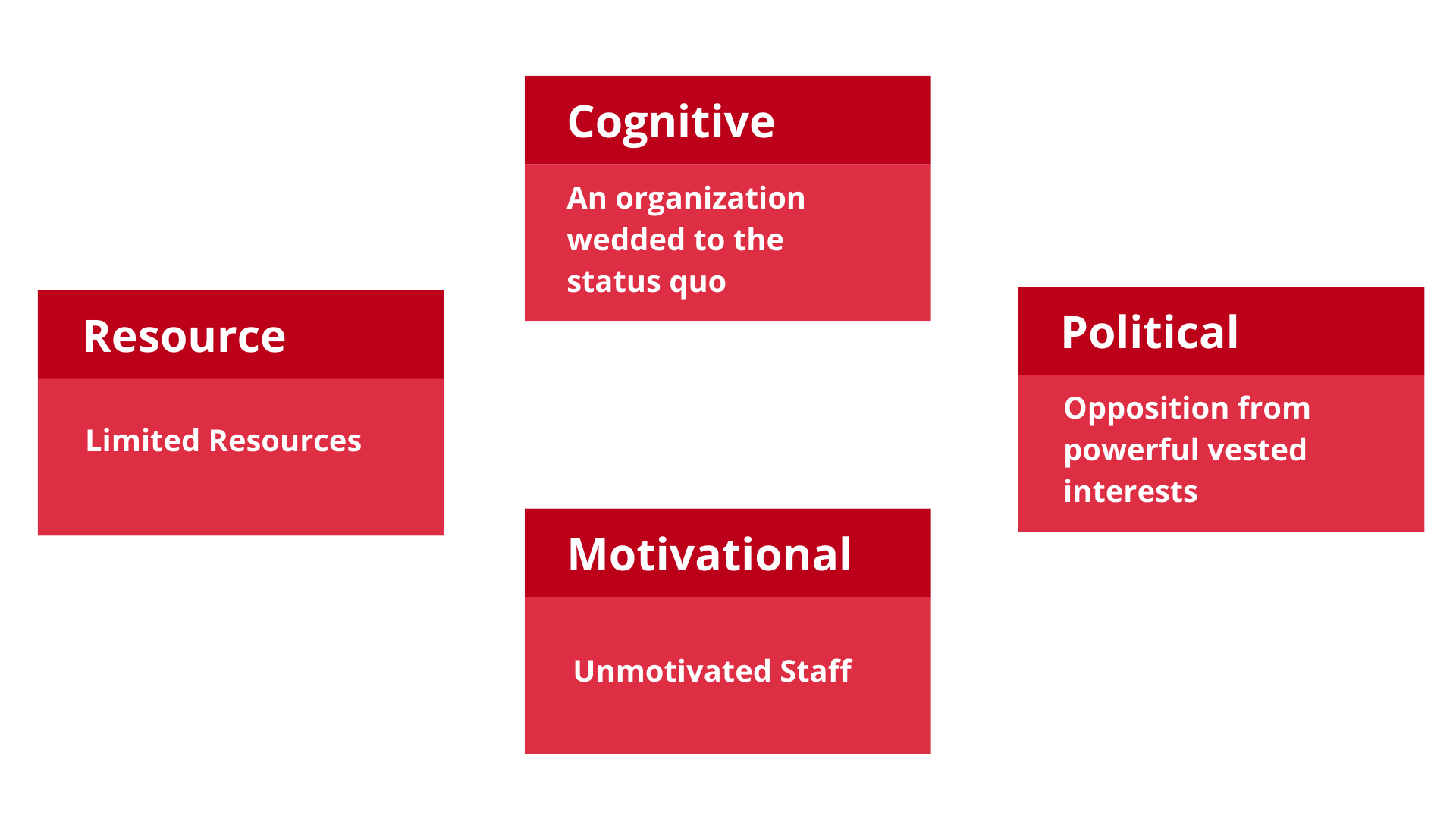China’s real estate sector accounts for more than a quarter of the national GDP, according to Moody’s. Pictured is a residential complex under construction on December 15, 2021 in Guizhou Province.
Costfoto | Future publication | Getty Images
BEIJING – China’s real estate woes could spill over into other key sectors if problems persist – and three specific businesses are the most vulnerable, according to ratings agency Fitch.
Since last year, investors have feared that the financial problems of Chinese developers could spread to the rest of the economy. Over the past two months, the refusal of many homebuyers to pay their mortgages has brought home developers’ problems to the fore again – as China’s economic growth slows.
“If timely and effective policy intervention does not materialize, the stress on the housing market will be prolonged and have effects on many sectors in China beyond the immediate real estate value chain,” analysts at Fitch said in a report on Monday.
Under this stress scenario, Fitch analyzed the impact over the next 12 to 24 months on more than 30 types of companies and government entities. The company found three that are most vulnerable to real estate problems:
These companies “hold a considerable amount of collateral-backed assets related to real estate, making them highly exposed to protracted problems in the real estate market,” the report said.
2. Engineering, construction companies (non-state)
“The industry at large has been struggling since 2021. … They do not have a competitive advantage in exposing infrastructure projects or accessing finance relative to their [government-related] peers,” the report said.
“Many have been operating at a loss for a few months and could face liquidity problems if China’s economy remains weak, especially given the high leverage in the sector,” the report said.
Fitch said construction accounts for 55% of China’s steel demand.
The slowdown in the real estate sector has already brought down broader economic indicators, such as investment in fixed assets and the component of retail furniture sales.
Fitch believes the recent increase in homebuyers suspending mortgage payments because of stalled projects highlights the potential for a deepening housing crisis in China…
Official data shows that home sales dropped 32% in the first half of this year from a year earlier, Fitch said. The report cited industry research indicating that the top 100 developers likely performed even worse – with sales below 50%.
Impact on other sectors
While Fitch’s baseline scenario assumes that real estate sales in China will return to growth next year, analysts warned that “deteriorating homebuyer confidence could halt the sales recovery momentum we saw in May and June. On the same subject : Where are the 45 years in high-tech?.”
Since late June, many homebuyers have suspended mortgage payments to protest construction delays on apartments they had already paid for, putting developers’ future sales and a major source of cash flow at risk. Developers in China typically sell houses before finishing them.
“Fitch believes the recent increase in homebuyers suspending mortgage payments on stalled projects highlights the potential for China’s housing crisis to deepen, as waning confidence could impede the sector’s recovery, which will eventually end. affecting the domestic economy,” the report said.
Analysis provided by Fitch generally found that large, central government-affiliated companies were less vulnerable to a downturn in the real estate sector than smaller companies or companies linked to local governments.
Among banks, Fitch said small and regional banks – which account for about 30% of the banking system’s assets – face greater risks. But the ratings agency noted that the risks for Chinese banks in general could increase if authorities significantly relax requirements for loans to troubled property developers.
Companies least vulnerable to real estate woes are insurance companies, food and beverage companies, electrical grid operators and national oil companies, according to the report.
Home prices in focus
Chinese property developers came under increasing pressure about two years ago as Beijing began cracking down on companies’ high reliance on debt for growth.
Numbers like vacancy rates give a sense of how big the real estate problems are. On the same subject : In the United States, enforcement of the Uyghur Forced Labor Prevention Act begins.
Read more about China from CNBC Pro
China’s residential property vacancy rate averaged 12% in 28 major cities, according to a report last week by the Beike Research Institute, a unit of Chinese property sales and rental giant Ke Holdings. See the article : As the real estate market cools, so does the market for agents.
This is second globally only to Japan and higher than the US unemployment rate of 11.1%, the report said.
If there are strong expectations of falling house prices, these vacant apartments could exacerbate the market’s oversupply — and the risk of further price drops, according to the report.
Limited state support
This year, many local governments have begun to relax home-buying restrictions in an attempt to prop up the housing sector.
But even with the latest mortgage protests, Beijing has yet to announce large-scale support.
“Even if authorities intervene aggressively, there is a risk that new homebuyers will still not respond positively to this, particularly if home prices continue to fall and the overall economic outlook is clouded by global economic malaise,” Fitch said. Ratings in a statement to CNBC. .
Fitch emphasized that it would take a series of events, rather than just one, to trigger the stress scenario presented in the report.
Analysts said that if weak market sentiment persists for the rest of this year, the analyzed industries could be negatively affected well into next year.






